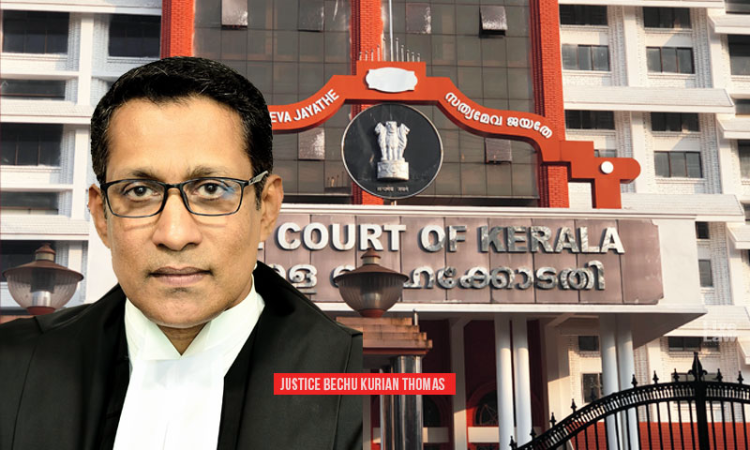Cannot Waive The Statutory Mandate of Pre-Deposit Merely On The Plea Of Financial Hardships: Kerala High Court
Mariya Paliwala
11 April 2022 3:00 PM IST

Next Story
11 April 2022 3:00 PM IST
The Kerala High Court bench of Justice Bechu Kurian Thomas has ruled that the high court cannot waive the statutory mandate of pre-deposit merely on the plea of financial hardships. The petitioner/assessee, a proprietor of an establishment named M/s. Swathi Constructions at Shoranur, is in the business of laying power lines on behalf of people who have executed contracts with the...
